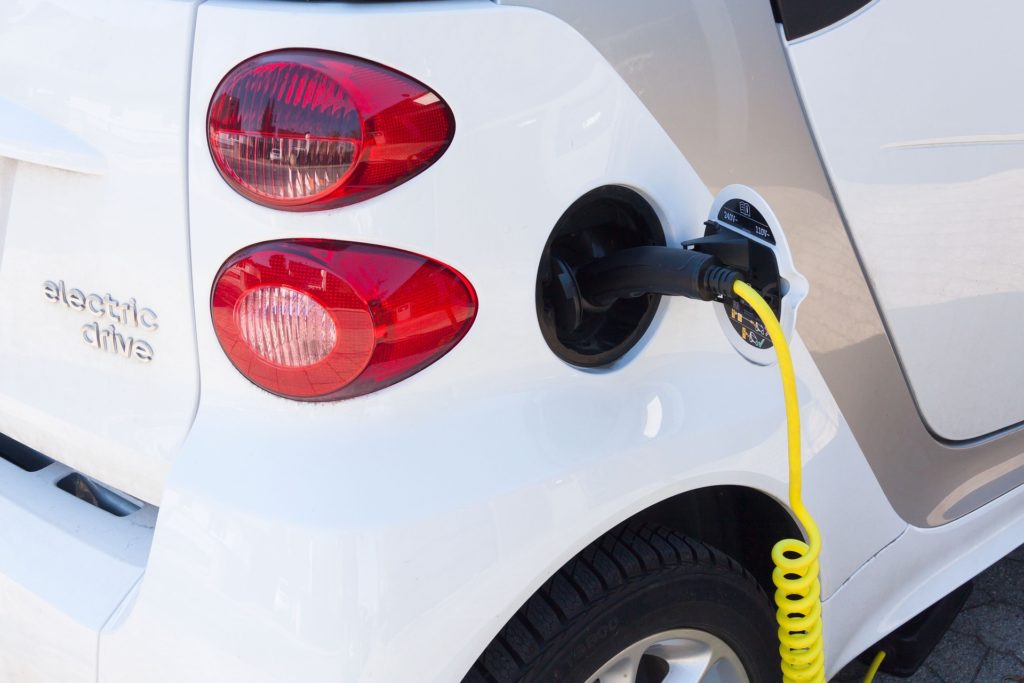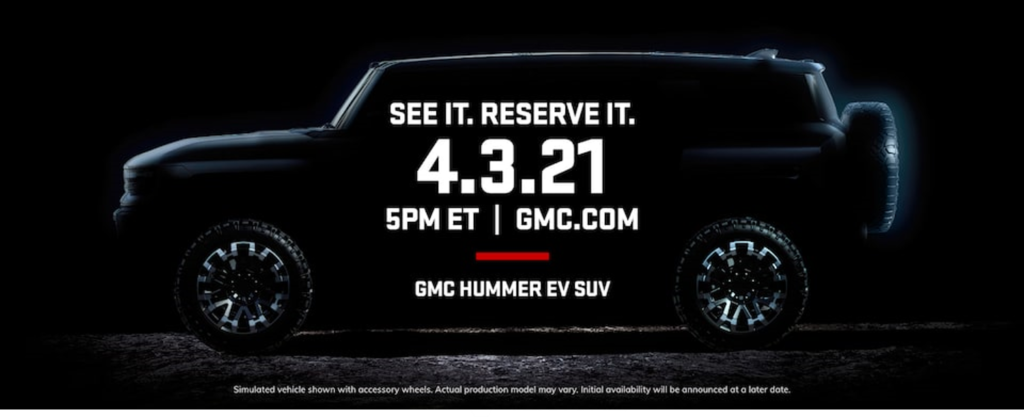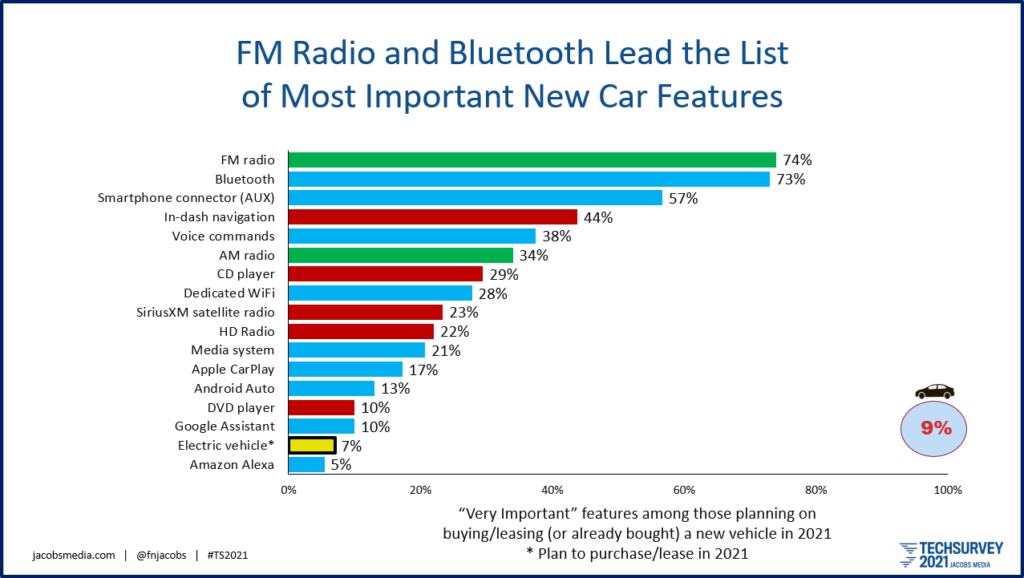
Like every other business and industry did last year, reassessment, re-evaluation, and reimagination were all part and parcel of the strategic process in the auto industry.
At our three DASH Conferences way back in 2013-15, we had panels and keynotes about the future of driving – and more importantly, mobility in general. At those events, we looked at ride sharing – GM created Maven, while Ford bought Chariot – much ballyhooed transportation innovations for our future.
Both were shut down around the time the pandemic hit. After all, who wants to share rides when the person sitting next to you – or driving the van – may be contagious.
Product cycles in the auto industry tend to be long – at least five years – shared mobility and autonomous car initiatives are more complicated and exponentially more costly than freshening up next year’s Ford Explorer or Toyota Camry.
So, when the automakers tap the brakes – or even slam them – on these types of sweeping programs, it should get radio’s attention. Anything that impacts the auto industry affects the health of the radio business.
That’s why the recent push to go “electric” comes at this interesting point in the curve where futures are begin defined. If you’ve been watching the NCAA Tournament, you’ve seen the countdown ads for GMC’s electric Hummer, a fascinating story of a vehicle rising from the automotive ashes. The new Hummer (complete with the Trent Reznor-fueled version of Led Zeppelin’s sweeping “Immigrant Song”) is a statement vehicle for General Motors, a company that is all-in on electric.

CEO Mary Barra left no cards unturned in her CES keynote in January. GM is committing to electric – from its new logo to the promise the entire fleet will be electrified by 2035.
She’s not alone. According to an Automotive News estimate, car manufacturers will launch 65 electric vehicle models in the next three years.
It’s noteworthy that some of the biggest electric debuts this year aren’t about smaller, economical vehicles (even though electrics will save considerable money on gas). Instead, it’s the Hummer, the new Jeep Wrangler, and the crazy Ford Mustang MACH-E SUV.
These are all macho marketing plays, designed to win men over to the electric side of the auto spectrum. Autonomous cars are slow, steady, and practical. The Hummer? Not so much. It’s no surprise these automakers are all stressing off-road adventures in the marketing of their EV models.
And based on market research we’ve seen – and now conducted in Techsurvey 2021 – the collective auto industry has a long way to go. Consumers, by and large, are not convinced that electric is the wave of the future – at least not yet.
Every year in Techsurvey, we isolate those in the market to purchase or lease a new vehicle that year. Here in 2021, 9% of our 42,200+ respondents told us they’ll be driving a new car before the year is out. And of them, just 7% are ready, willing, and able to take the plunge and go electric.
There’s a lot to unpack here. But you could draw the conclusion that connectivity (the blue bars) is in fact the common thread on this chart. In Techsurvey, we’re talking to mostly core radio listeners. And just as many want Bluetooth in their new car or truck than FM radio. Note where AM radio is on this list of features.
Over the past decade or so, the automakers have marketed the attractiveness of ecosystems like Apple CarPlay and Android Auto, as well as the advantages of “voice” in cars. Bluetooth and WiFi are the oxygen that makes in-car entertainment so powerful.
But electric vehicles? Not quite yet.
I used a little poetic research license to insert that 7% of the new car buying market among these “very important” new car features. In that context, the marketing machines at the automakers have a lot of work to do in order to convince us the future is indeed an electrified one.
The Nielsen Auto Team’s senior director/business development, Kendall Smith, agrees. In a recent article, “The Electric Vehicle Revolution Demands Fresh Marketing Strategies,” Smith quotes a J.D. Power study that predicts as many as 16 million EVs could roll out of dealer lots by 2025.
 And their same research indicates once a consumer takes the electric plunge, there’s no going back to gas vehicles. Of those who already own an electric car or truck, the vast majority will consider another one.
And their same research indicates once a consumer takes the electric plunge, there’s no going back to gas vehicles. Of those who already own an electric car or truck, the vast majority will consider another one.
And then there’s the radio piece. And here’s where things get murky. Already, some EVs (yes, Elon Musk, we’re talking about you) don’t include AM radios (or FMs for that matter). The apparent AM problem involves interference with the electric motor. (Although somehow, the Chevy Volt and the Nissan Leaf seemed to find a workaround for this problem).
The stumbling block the broadcast radio industry may face with EVs is the auto manufacturers aspiring to launch truly futuristic vehicles. And whether that includes AM/FM radios as standard (or even optional) equipment is a point where the NAB may have an important role to play.
Meantime, you’ve likely seen GM’s electrified logo, another symbol they do not intend to be out-Musked by any other car company or brand.
And earlier this week, a spectacular news story was leaked from Volkswagen, and carried by CNBC. According to the early reports, the electric revolution has inspired an entire name change by the company to Voltswagen.
We know, 66 is an unusual age to change your name, but we’ve always been young at heart. Introducing Voltswagen. Similar to Volkswagen, but with a renewed focus on electric driving. Starting with our all-new, all-electric SUV the ID.4 – available today. #voltswagen
— Voltswagen (@VW) March 29, 2021
Crazy, right?
Well, it turns out this appears to be an audacious stunt by a car company whose diesel dillydallying a few years back already created severe cred problems. And an elaborate April Fools’ Day stunt, launched on March 29th!, makes you wish David Oxenford was on retainer at Volkswagen. Paige Nienaber would have never suggested a stunt this zany or wrong-headed.

These types of shenanigans should make other responsible members of the auto industry cringe. Selling EVs to America may prove to be much more difficult than selling them face masks and vaccines.
Is America ready for the EV revolution?
Is radio?
- I Read The (Local) News Today, Oh Boy! - April 15, 2025
- Radio, Now What? - April 14, 2025
- The Hazards Of Duke - April 11, 2025




I’m more than a little pleasantly surprised to see AM radio still holding on to a full third of people who consider it “very important” to have in their vehicles. Wonder what that number might be if you included those who simply “prefer” or “like” to have it. That seems to a rather good sign, beating wi-fi, satellite radio and even smart speaker options. And it handily beat “electric wheels.” Nothing re-volting (insert eye roll) there!
Now we wait for confirmation if another major manufacturer is about to unveil the “Honda Audacy.”
Given how neglected AM radio has been, you’re right that it still beats out a lot of new technology, Dave. Thanks for the reminder.
Nice job calling out the manufacturers’ scapegoating the EV wheel motors as the reason for not including AM in their audio systems, Fred.
I drive a five-year-old Smart (made by Mercedes-Benz’s parent company) EV and its AM radio works just fine. I just can’t find anything on that band here in L.A. besides our Entercom — oops, Audacy-owned all-newser KNX that I want to listen to.
So winning the battle for the dashboard comes right back to what you and I and the rest of the readers here … PROGRAMMING, PROGRAMMING, PROGRAMMING.
And you are also correct that the vast majority of EV owners will never go back to gasoline- or diesel-powered cars. Here’s a short list of the major maintenance expenses I don’t have: Oil changes, tune-ups, transmission repair or rebuilding, coolant systems, annual smog checks.
Thanks for the confirmation about AM. But it’s on us in radio to remind the autos how important radio is. We can try it with lobbying, but it would be more effective with great programming and an enthusiastic audience. Meantime, enjoy your Smart! Sounds like you’re one of the few people in LA optimizing your driving experience. Appreciate the comment, KM.
Just to be clear, Tesla includes FM in it’s media mix. AM stations, if they’re not already streaming, should get with it because Tesla’s and others have streaming via Tune-In built-in. And just FYI, the Tesla Model Y was the #4 best selling car in the USA in 2022, right behind Toyota Corolla, Toyota RAV4 and Ford F-series.